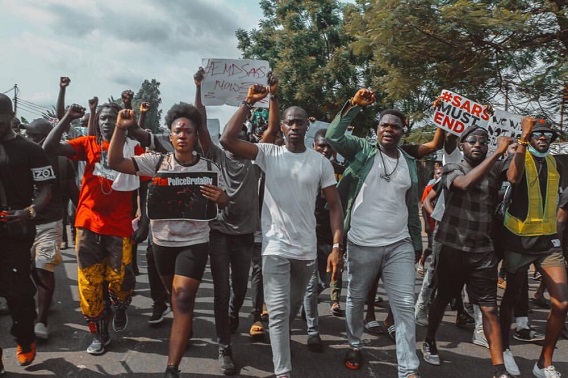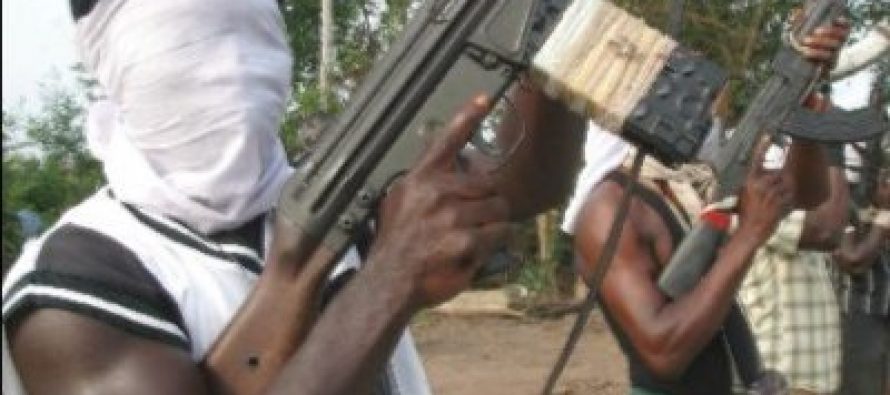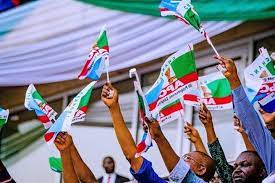As the spate of calculated destruction of state infrastructures like the electoral facilities and security outfits is progressing unabated, it is no more hidden that there is already a nationwide breakdown of public safety and order in the Country like never before.
It is a known tradition in accordance with Sections 64(1), 105(1), 135(2) and 180(2) of the 1999 Constitution of the Federal Republic of Nigeria (as amended), the tenures of the national and state assemblies, the president and the governors and their deputies shall lapse every four years. While these constitutional provisions are sacrosanct, they are also alterable constitutionally should there be verifiable evidence that can be relied upon to do so.

As contained in Section 15(a), Part 1 of the Third Schedule of the 1999 Constitution (As Amended) and Section 2 of the Electoral Act 2010 (As Amended), only the Independent National Electoral Commission (INEC) has the power to organise, undertake and supervise all elections to the afrementiomed offices.
While in April 2021, the INEC, unlike before announced the 2023 General Election will commence on Saturday 18th February, 2023 (with the Timetable and Schedule of Activities to be out immediately after the Anambra Governorship election holding on 6th November, 2021); the same INEC in May, 2021 publicly lamented that unless the attacks on its facilities are arrested speedily, it may lack the capacity to conduct future elections.
It is pertinent to expose that with INEC not sure the polls will commence as dated 18th February, 2023 and its recent briefing President Buhari of targeted attacks on its facilities, the Commision may at last write to the president and the National Assembly rescheduling the 2023 polls to later dates when safety and order are restored, by activating Section 26(2) of the Electoral Act 2010 (as amended) which empowers it to do so if it is impossible for it to conduct as planned due to cogent and verifiable emergencies.
There is no doubt the above will further tense the ongoing nationwide emergency to a new apprehension, which will in turn prompt emergency meetings of Federal Executive Council, National Security Council, Joint Executive, National Assembly and Judiciary meeting etc, and the result of which might be the President relying on Sections 64(2), 105(2), 135(3), 180(3), 305(1), 305(3c, 3d & 3f) and 305(6) of the 1999 Constitution to proclaim state of emergency and extension of the tenures of the national and state assemblies members, the president and vice and governors and deputies for a period of renewable six months until public safety and order are restored for elections to take place.
Flowing from the above, the President shall then in accordance with Section 305(2) of selfsame Constitution, transmit copies of the Official Gazette containing such proclamation and its details to the President and Speaker of the Senate and House of Representatives respectively, who shall convene meetings of the Senate and House of Representatives separately to consider passing a Resolution approving the Proclamation.
Should the Proclamation be approved by the National Assembly (which is most likely), the tenures of the afrementiomed offices will be extended by renewable six months until public safety and order are restored to enable INEC conduct elections into them.
Akinloye NG is a Legislative Consultant and Public Affairs Commentator.




















